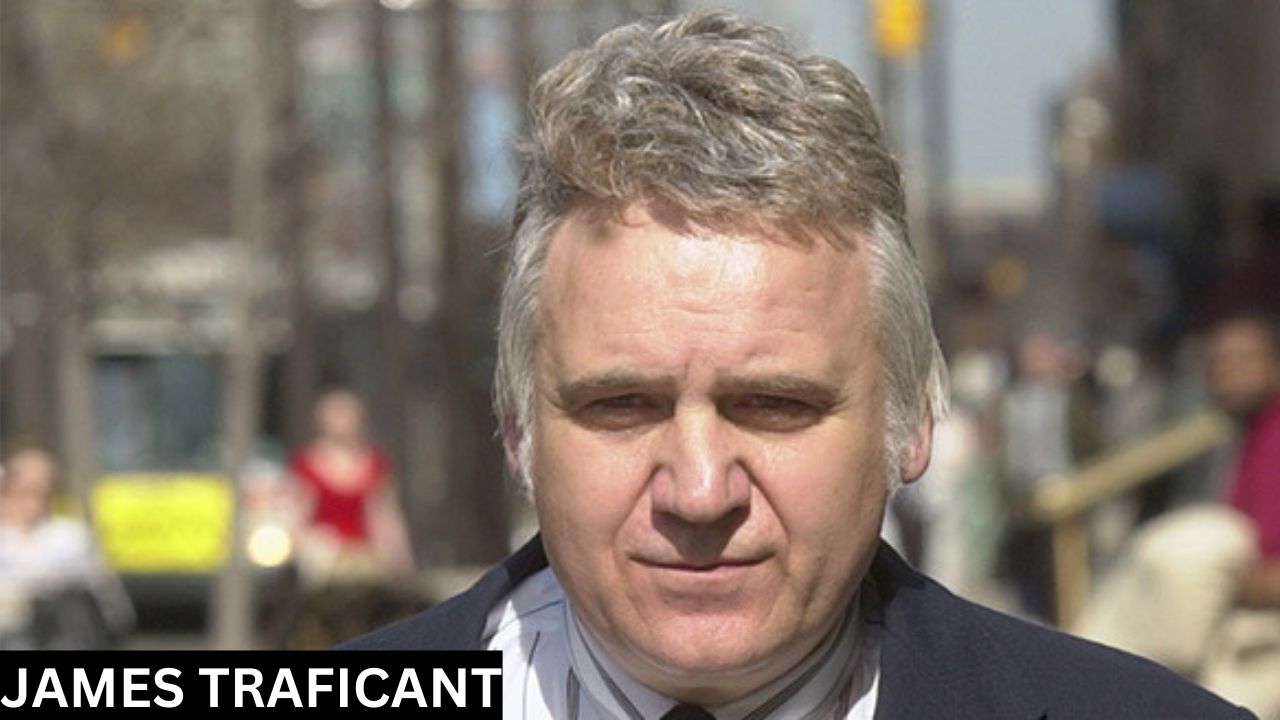James Traficant Jr., a name that evokes a spectrum of emotions in American political discourse, was a figure larger than life. His journey from a humble background in Youngstown, Ohio, to the corridors of power in Washington, D.C., and then to a prison cell, is a story of ambition, controversy, and unwavering conviction. Traficant’s life was a complex narrative of a man who, despite his flaws, remained steadfast in his beliefs, often clashing with the political establishment.
Early Life and Political Career
Born on May 8, 1941, into a working-class Catholic family in Youngstown, Ohio, James Traficant was the embodiment of the American dream. His father, a truck driver, and his mother, a homemaker, instilled in him the values of hard work and determination. Traficant’s early life was marked by a strong work ethic and a commitment to education. He graduated from Cardinal Mooney High School in 1959 and went on to earn a Bachelor of Science in education from the University of Pittsburgh in 1963. He was a talented athlete, playing quarterback for Pitt’s football team alongside Mike Ditka. Although drafted by the Pittsburgh Steelers, his professional football career never materialized.
Traficant’s foray into politics began as a consumer finance director for the Youngstown Community Action Program. He later taught courses on drug and alcohol dependency at Youngstown State University and Kent State University. His career took a significant turn when he became the Sheriff of Mahoning County in 1981. Traficant made national headlines by refusing to execute foreclosure orders on several unemployed homeowners, a move that endeared him to the local population grappling with a declining economy.
Controversies and Legal Troubles
Traficant’s career was as controversial as it was colorful. In 1983, he faced racketeering charges for accepting bribes. Representing himself, he argued that he accepted bribes as part of an undercover investigation into corruption. In a stunning turn of events, he was acquitted, becoming the only person ever to win a Racketeer Influenced and Corrupt Organizations Act (RICO) case while representing himself.
His tenure in Congress was marked by his vehement opposition to free trade and the IRS, often delivering fiery speeches on the House floor. Traficant’s unorthodox style, complete with cowboy boots and polyester suits, made him a unique figure in Washington. However, it was his legal troubles that ultimately defined his career. In 2001, he was indicted on federal corruption charges, including bribery, racketeering, and tax evasion. In 2002, after a high-profile trial where he again represented himself, Traficant was convicted of ten felony counts.
Expulsion from Congress and Imprisonment
Traficant’s conviction led to his expulsion from the House of Representatives, a rare and ignominious end to a congressional career. He was the first representative to be expelled since Michael Myers in 1980 due to the Abscam scandal. Traficant’s fall from grace was complete when he was sentenced to seven years in prison, serving his term at the Federal Correctional Institution, Allenwood Low.
Legacy and Impact
Despite his legal and ethical challenges, Traficant’s impact on American politics is undeniable. He was a voice for populist movements and a symbol of the political outsider. His influence is still felt in certain circles, and his supporters remember him as a man who dared to challenge the status quo. Traficant’s major legislative accomplishment was the adoption of proposals to constrain enforcement activities by the IRS against delinquent taxpayers. He also pushed for “Buy American” provisions in spending bills, reflecting his commitment to American workers and industries.
Traficant’s defense of controversial figures like John Demjanjuk and Arthur Rudolph further highlighted his willingness to take unpopular stands. His advocacy for these individuals was rooted in his belief in their right to a fair trial and due process, regardless of the public sentiment against them.
Conclusion
James Traficant’s life was a complex tapestry of ambition, controversy, and conviction. His story raises important questions about the nature of political integrity and the fine line between populism and demagoguery. As we reflect on his legacy, we are left to ponder: What lessons can we learn from the turbulent career of James Traficant? His life serves as a reminder of the complexities of human nature and the unpredictable journey of a public figure who, for better or worse, left an indelible mark on American politics.
FAQs: James Traficant Wiki 2023
Q: Who was James Traficant?
A: James Anthony Traficant Jr. (May 8, 1941 – September 27, 2014) was an American politician who served as a Democratic Congressman from Ohio from 1985 to 2002. He was known for his populist and anti-establishment views, as well as his unorthodox political tactics.
Q: What were some of James Traficant’s most notable controversies?
A: Traficant was involved in a number of controversies throughout his career, including:
- His criticism of the government’s handling of the Gulf War
- His support for the right-wing paramilitary group Posse Comitatus
- His use of congressional funds to pay for personal expenses
- His indictment and conviction on corruption charges
Q: What led to James Traficant’s expulsion from Congress?
A: In 2002, Traficant was expelled from the U.S. House of Representatives after being convicted of ten felony counts, including taking bribes, filing false tax returns, racketeering, and forcing his congressional staff to perform chores at his farm in Ohio and houseboat in Washington, D.C.
Q: What was James Traficant’s legacy?
A: James Traficant remains a controversial figure, but he is also remembered as a populist maverick who was not afraid to speak his mind. His outspoken criticism of the government and his unwavering commitment to his beliefs resonated with many voters, and he continues to have a following among his supporters.
Q: What additional resources can I use to learn more about James Traficant?
A: There are a number of resources available about James Traficant, including:
- His Wikipedia article: https://simple.wikipedia.org/wiki/James_Traficant











